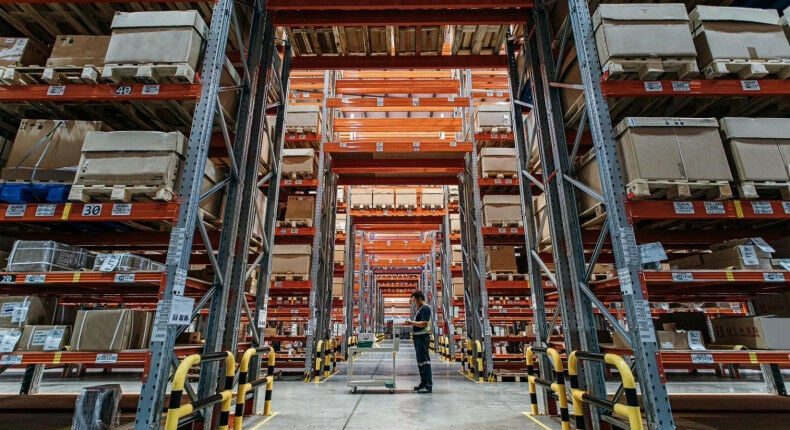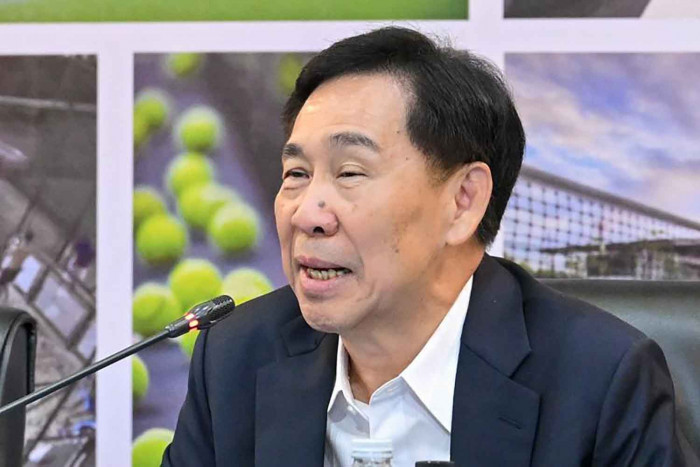Thailand is driving into the future as a critical player in the global auto parts industry. With its booming internal combustion engine (ICE) and electric vehicle (EV) markets, the country is positioning itself as a leading export hub for car parts, spearheaded by industry giants like Germany’s Schaeffler Group. Here’s a closer look at Thailand’s journey to becoming an automotive powerhouse.
Thailand Revving Up as a Global Car Parts Manufacturing Powerhouse
As Thailand’s automotive sector surges forward, it’s fast becoming a pivotal player in car parts manufacturing for both ICE and EV vehicles. Major global companies, such as Schaeffler Group, are fueling this growth with new investments and expanded facilities.
Schaeffler’s Strategic Expansion: Building a Logistics Hub in Thailand
Schaeffler Group, known for its cutting-edge friction-reducing rolling element bearings, has established a massive new warehouse in Thailand’s Chon Buri province. This facility spans between 3,000 to 6,000 square meters and is set to support a wide range of vehicle components for both domestic and international markets.
Supporting the Growth of ICE and EV Markets
Micah Shepard, Schaeffler’s regional leader for vehicle lifetime solutions, emphasized that both ICE and EV auto parts markets in Thailand are expected to grow by 3-4% this year, and projections suggest continued expansion through 2025. This growth aligns with the region’s economic advancements and increasing demand for vehicle innovation.
Logistics Hub to Strengthen Global Supply Chains
Schaeffler’s Chon Buri warehouse is designed to bolster global supply chains for ICE and EV components. Jens Schuler, Schaeffler’s head of vehicle lifetime solutions, highlighted that this logistics hub would play a crucial role in meeting the needs of global car manufacturers, enabling faster distribution and streamlined supply chains across markets.
Thailand’s 30@30 Policy: Accelerating Electric Vehicle Production
Thailand’s government is shifting gears to embrace the EV market with its ambitious 30@30 policy. The goal is clear: have EVs account for 30% of total car production by 2030, marking a significant transformation from the current state, where EV production stands at just 1.2% of total output as of 2024.
Key Targets Under the 30@30 Policy
- Zero-Emission Vehicles: 725,000 zero-emission cars
- Electric Motorcycles: 675,000 units
- Electric Buses and Trucks: 34,000 units
Transforming Thailand’s Automotive Industry
Thailand’s automotive sector, once known as the “Detroit of Asia” for its ICE production, is now embracing a greener future. The 30@30 policy is projected to attract new investments from Thai and international players, potentially boosting domestic vehicle sales and driving economic growth.
Schaeffler’s R&D Investment: Paving the Way for Automotive Innovation in Thailand
In line with its growth plans, Schaeffler is making strides to establish a research and development (R&D) center in Thailand by the first quarter of 2025. With an annual investment of around 400 million euros (approximately 14.7 billion baht), Schaeffler’s R&D efforts will focus on advancing both ICE and EV technologies to meet evolving market demands.
Thailand as a Prime Investment Destination
Thailand’s strategic location and automotive expertise make it an ideal destination for Schaeffler’s R&D center. Shepard highlighted Thailand’s unique position to serve the growing demands of new industries, particularly in automotive innovation, which could further elevate Thailand’s status as a global auto parts hub.
Key Takeaways for Thailand’s Automotive Industry
Thailand is at the brink of an automotive revolution, powered by the nation’s focus on EV production, government support, and substantial foreign investments. Schaeffler’s expansions and Thailand’s commitment to sustainable transportation solutions indicate a future filled with potential for both traditional and electric vehicles.
Summary of Thailand’s Automotive Advancements
- Strong ICE and EV Parts Market Growth: Projected 3-4% growth through 2025
- Schaeffler’s Chon Buri Warehouse: A logistics hub for global auto parts distribution
- Thailand’s 30@30 EV Policy: Aiming for 30% EV production by 2030
- R&D Investments: Innovation-focused R&D center planned for 2025
Conclusion: Thailand’s Future as a Global Car Parts Leader
With the wheels in motion, Thailand is well on its way to becoming a central player in the global car parts market. Schaeffler’s continued investments and the government’s commitment to EV production signal a promising future. As the automotive landscape shifts, Thailand’s auto industry is ready to lead the charge, blending tradition with innovation for a dynamic new era in vehicle manufacturing.
Ref-Thaiger









